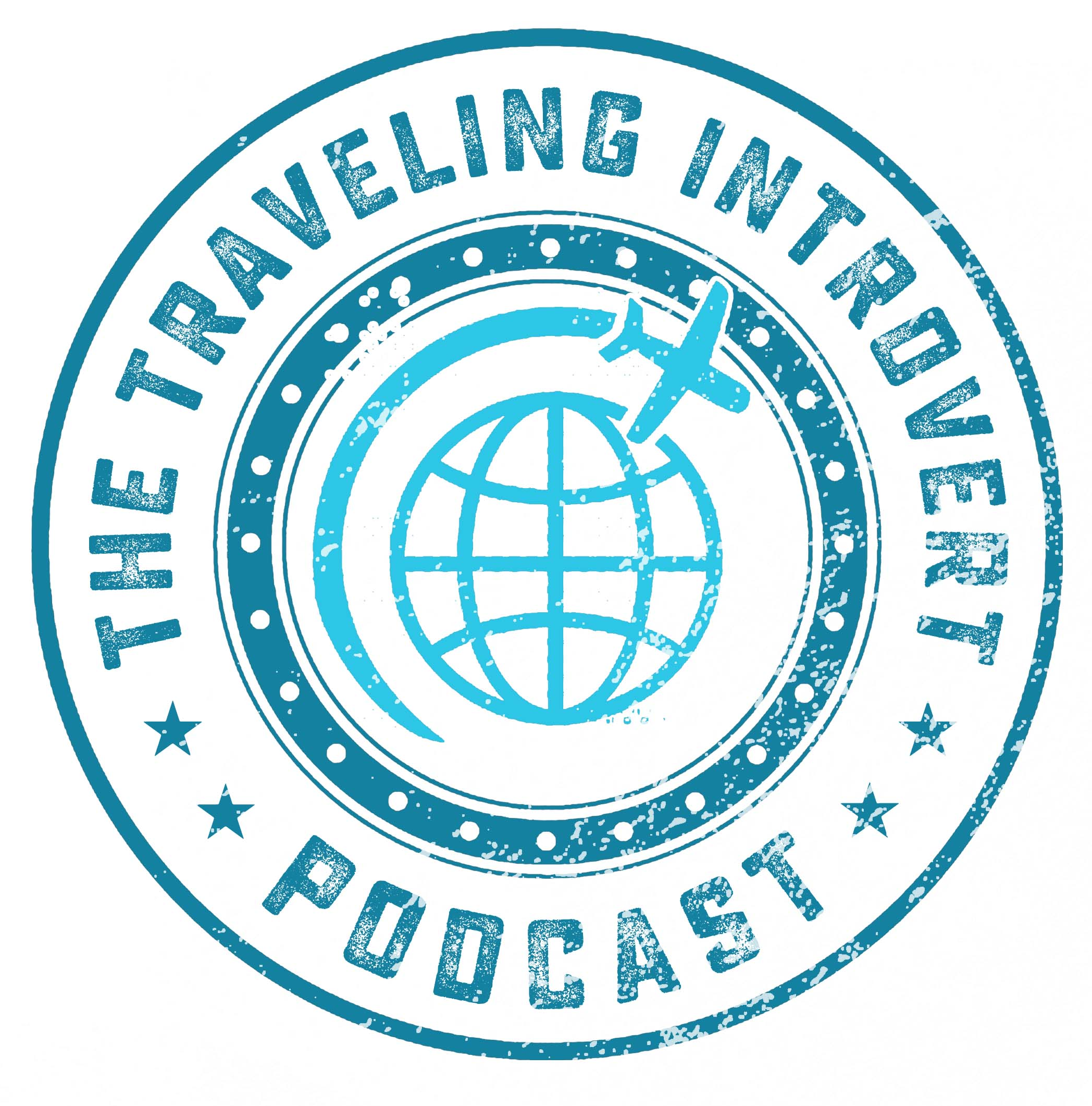Episode 421
Understanding Different Thought Processes in the Workplace
In this episode of "The Traveling Introvert," the discussion focuses on the different ways introverts and extroverts process information. Introverts typically prefer to think before speaking, processing information internally, and often need time and a quiet environment to fully absorb and understand new information. They thrive in situations that allow for deep, focused thinking without interruptions. On the other hand, extroverts often process information by thinking out loud, refining their ideas through dynamic discussions and real-time engagement with others. They gain energy from social interactions and are most effective in fast-paced, energetic settings. The episode also highlights the importance of understanding these differences to improve communication, reduce frustration, and make interactions smoother across various environments.
Transcript
Hello and welcome to the traveling introvert. Today, I want to talk about some key differences in how introverts and extroverts sort of work through information. And the reason I wanna do this is because no matter who you are, what kind of environment you work in, you will come across interests and extroverts, and so bridging that gap and realizing how the other half, communicate and work through problems and goal set and all that fun stuff can go a long way to making work interactions better. And so the first thing is sort of thinking before speaking versus thinking out loud. Generally, introverts tend to process internally first, reflecting before responding. We might carefully consider our thoughts before sharing, maybe do some research, and it can make us seem quiet or reserved or shy, insert other word in here, but it's just we are processing. Extroverts tend to process externally by talking things through. Speaking helps them clarify their thoughts and they often refine their ideas as they go and a lot of the time extroverts aren't really given that extra space to refine the ideas because they are processing externally most people sort of take that as the the finished product rather than letting the extrovert finish their thought process.
Janice Chaka [:It's super interesting. So, if you are an introvert give yourself permission to ask for time to reflect before responding, and if you're an extrovert be mindful that not everyone processes information as quickly through conversation as you do. And then, there's deep focus versus rapid input. Introverts in general, we prefer deep focused thinking and often work best when we can absorb information in quiet environments without interruptions. We can dig a little deeper, maybe do some research, think things through, go away, come back, look at something again. Extroverts, however, tend to thrive on quick dynamic discussions and often process new information best when engaging with others in an energetic or fast paced setting. So, if you are an introvert, protect that deep work time as much as you can so you can get the chance, the time that you need to process new information and complex ideas. Whereas, if you're an extrovert, seek out brainstorming sessions or group discussions to go ahead and fuel your thinking.
Janice Chaka [:So, working through information is really important but as an introvert, we need that space and energy to go ahead and process information. If we are tired, if we've used up all our social energy for the day and then someone hits us with a bunch of complex information, we are not going to be able to process that quite as well because as introverts we need time and space to process information on our own, often reviewing details and making sense of things privately before going ahead and going out there and discussing it. Extroverts tend to process more effectively through real time engagement, bouncing ideas of other humans, gaining energy from social interactions, and just talking things through and and being active about it, maybe putting sticky notes on the wall, maybe writing things down, all that energy is used to process. So, if you are an introvert, take time to process big decisions before feeling pressurized to respond straight away. And if you're an introvert, recognize that some people need time to think before contributing and that's okay. Because understanding how you and those around you process information will help improve communication, reduce frustration, and make interaction smoother. So, instead of getting frustrated because someone isn't doing things the way you would do them or the way you would like it done, take a moment, take a step, take a beat, and try and see it from a different point of view. Thanks for listening, this is Janice at the Career Introvert helping you build your brand and get hired.
Janice Chaka [:Have a great rest of your week.



